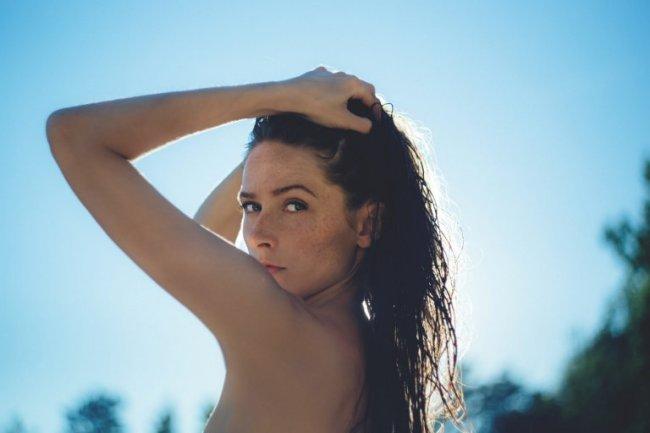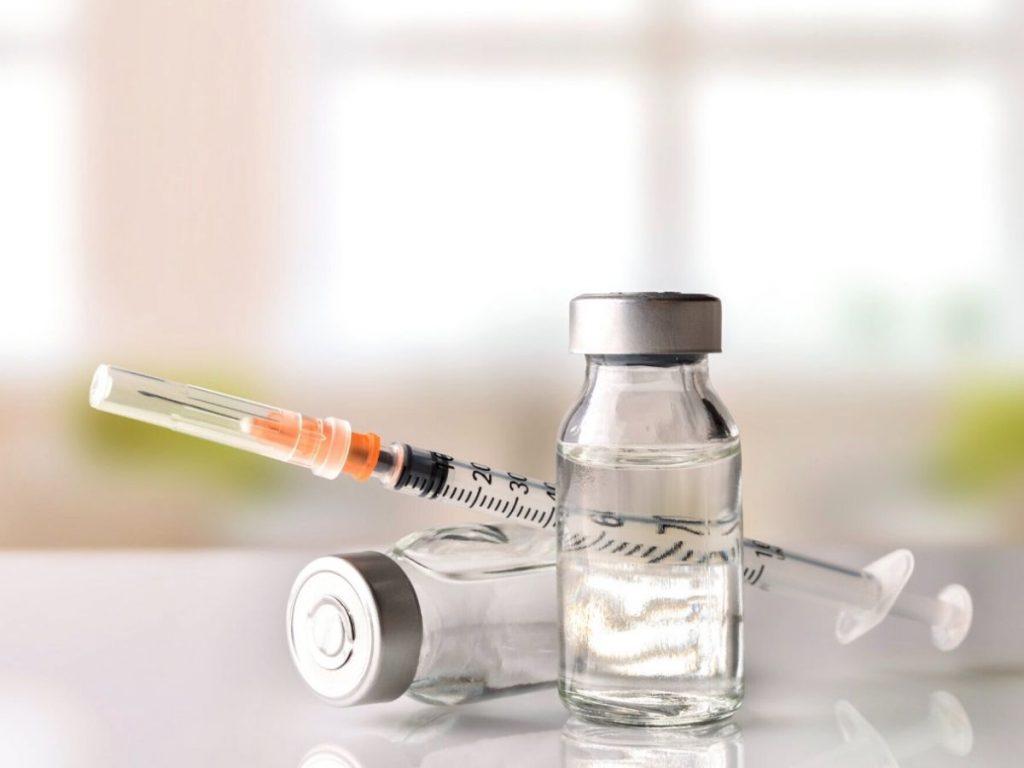Make the most of the sunshine vitamin
You would think living in a sunny place like Colorado with it’s 300 or so days of sun a year, that we would get plenty of sun. Shockingly we don’t so we can’t make vitamin D in the skin when it is exposed to UVB rays. When the rays hit the skin, the body produces the base chemical structure of vitamin D, which the liver and kidneys convert into the usable form D3.It is essential for so many processes in the body including ensuring calcium goes to our bones to keep them strong.
But it seems that most of the global population has low vitamin D levels. Not getting enough sun is one reason, not eating enough foods which contain it is another. Having illnesses that affect fat absorption can have an effect too because vitamin D is fat soluble and needs the fat to be absorbed during normal digestion. The color of the skin, BMI and age all affect how much we get. You might say “but UVB rays are dangerous and cause free radical damage, burning and make you susceptible to skin cancer!” this is also true so it is quite the conundrum.
Vitamin D affects many things such as the health of the skin by maintaining the skin barrier and avoiding infections. It is responsible for the creation of hair follicles and minimizing hair loss and of course the strength of bones. Remember rickets? The disease where people who got no daylight had softened and thinned bones? Vitamin D is so important in the body that it’s often called a hormone because it influences so much of the endocrine system especially the parathyroid gland. In fact most doctors will test levels because deficiency is so common. Vitamin D status is measured by looking for 25(OH)D3 in the blood and a deficiency is classified as <30 nmol/L where the range is 30-100.
Symptoms of vitamin D deficiency may include:
- Fatigue
- Disturbed sleep
- Bone pain or achiness
- Depression or feelings of sadness
- Hair loss
- Muscle weakness
- Loss of appetite
- Getting sick more easily
If you discover your levels are low there are things you can do.
1. increase consumption of foods like fatty fish:salmon, trout, tuna and mackerel. Canned fish like herring and sardines, egg yolks, beef liver. Or try vitamin D fortified foods like breakfast cereals, milk, almond milk
2. get more outdoor sunlight but be careful with this and know that there are only certain times of the day that vitamin D can be made in the skin. Apart from the summer months the skin makes barely any from the sun at latitudes above 37 degrees north (that includes Colorado) or below 37 degrees south of the equator
3. take a D3 and K2 supplement (vitamin K helps absorption) with food and not with caffeine which stops it absorbing, so it’s wise to wait a few hours. Check with your doctor what the best dose is for you
So if you have had issues with hair loss, skin health and texture or just feeling low energy then this is something we can discuss.Come in and see us at Invigorate Advanced Aesthetics in Centennial, Colorado for your vitamin regimen or a IV nutritional therapy schedule.

"Vitamin D affects many things such as the health of the skin by maintaining the skin barrier and avoiding infections. It is responsible for the creation of hair follicles and minimizing hair loss and of course the strength of bones."



 10/10 recommend!!! You guys are life savers!!
10/10 recommend!!! You guys are life savers!!